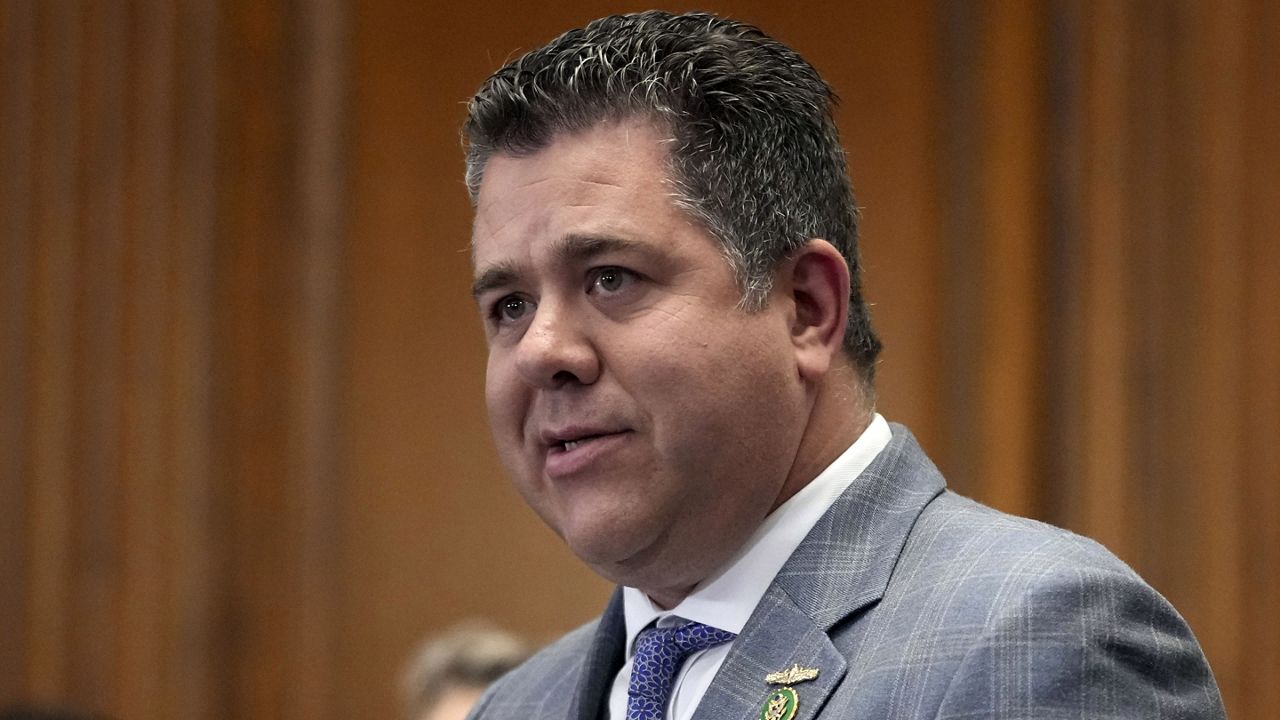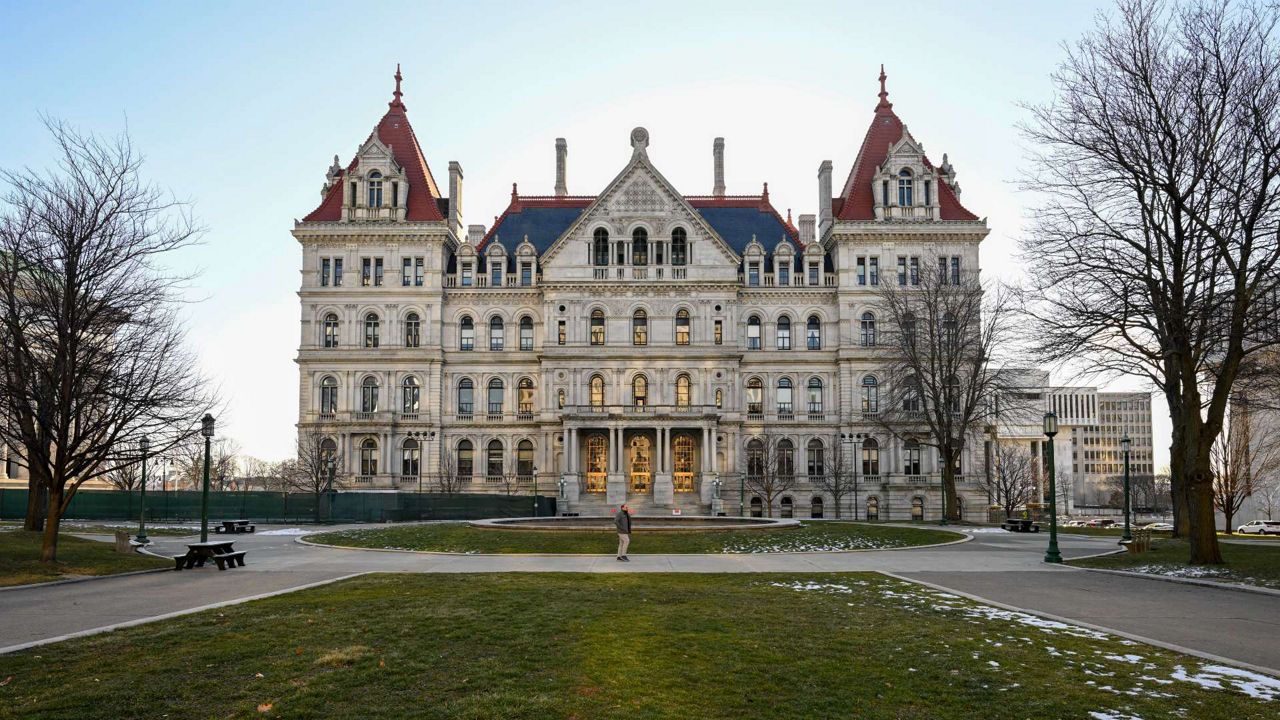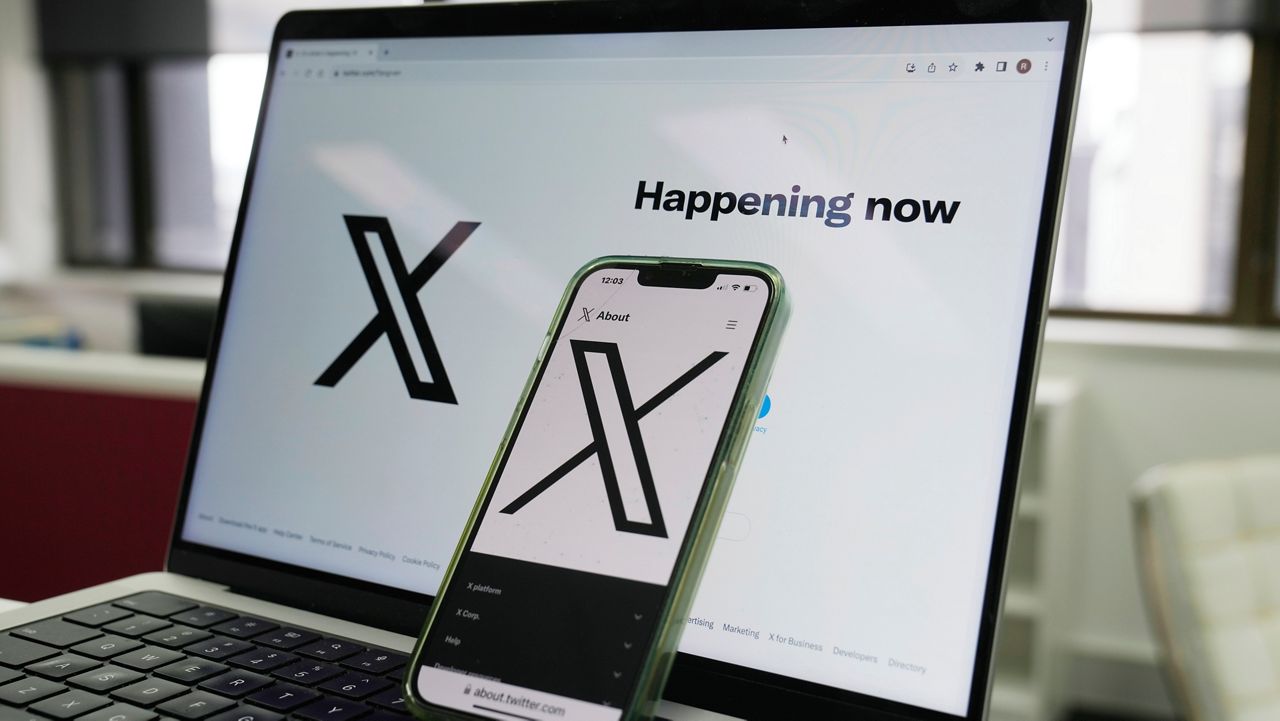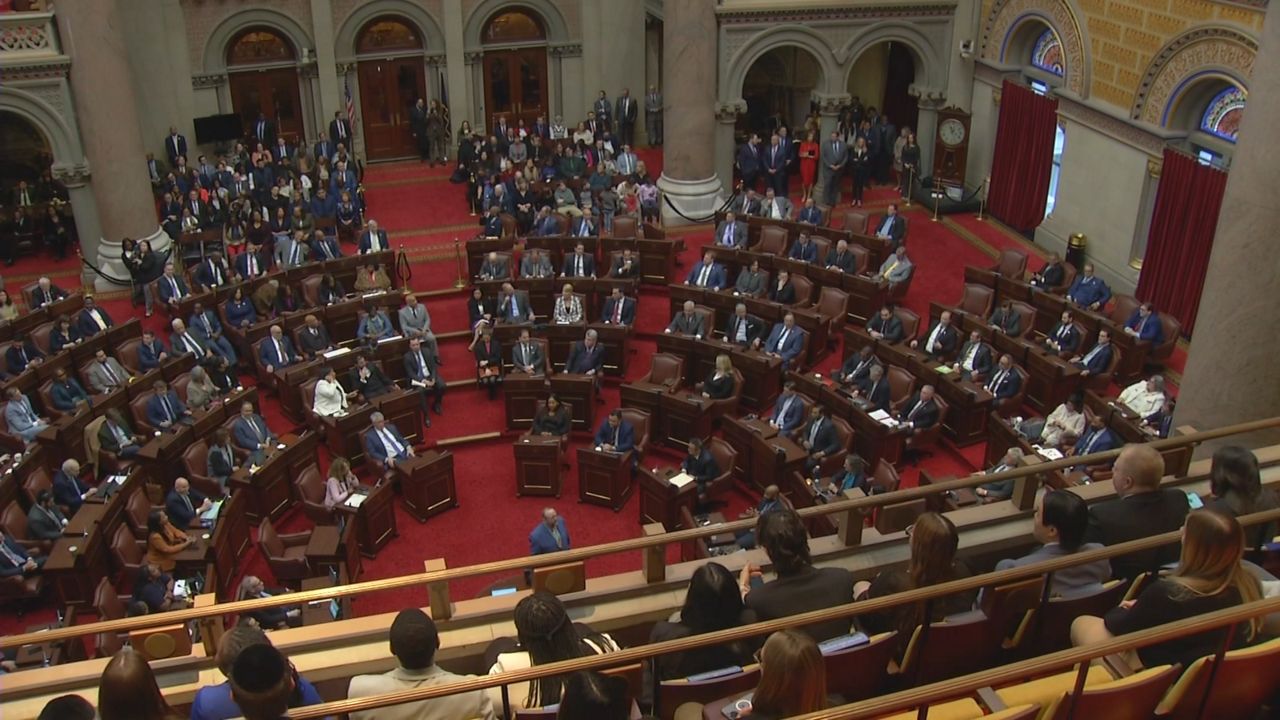A federal judge will make a decision next week that could delay the state's timeline to transition thousands of New Yorkers who rely on a $9 billion Medicaid home care program under one management company.
A judge in the U.S. District Court for the Eastern District of New York on Friday extended a temporary restraining order requiring the state Health Department to continue to work with nearly 600 home care agencies, known as fiscal intermediaries, that have facilitated payroll for the Consumer Directed Personal Assistance Program (CDPAP) for decades.
Program recipients and home care workers have until April 30 to register with new company Public Partnerships LLC.
“The order is the latest positive development that allows the state’s CDPAP transition to continue, preserving care for those who need it and eliminating unnecessary bureaucratic spending," Gov. Kathy Hochul's spokesperson Sam Spokony said in a statement. "This order does not impact the 93% of consumers who have already registered as part of this transition. Our much-needed reforms will strengthen CDPAP for home care users who need it and protect all New York taxpayers by putting an end to years of runaway administrative costs.”
The Health Department is working to comply with the order, first issued Monday, after the state intended to cut off the smaller agencies on April 1 and prevent program workers from getting paid until they finish registration.
A spokesperson with Hochul's office said the state is committed to making sure workers get paid in a timely manner.
Earlier this week, the department directed Managed Care Organizations that the state pays for Medicaid services to ensure CDPAP workers who have not finished registering with the new company will continue to get paid.
"If the consumer has a CDPAP personal assistant that has not yet started registration with PPL, the Managed Care Organization or Local Departments of Social Services must make best efforts to ensure the consumer’s personal assistant is paid, regardless of authorization status," the department wrote in an email to Managed Long Term Care plans.
The department also directed plans to also make an effort to ensure personal assistants get paid who request to stay with their prior fiscal intermediary, or have not started their registration with PPL. About 180,000 people have completed registration with PPL as of Friday, according to DOH, leaving about 40,000 consumers who have not finished or started the process — and tens of thousands of personal assistants.
Attorneys with the Health Department will negotiate the terms to comply with the temporary restraining order over the next several days. The judge will make a decision in a hearing Wednesday to grant or dismiss a preliminary injunction and possibly extend the transition timeline.
Six CDPAP users and two independent living centers filed the federal lawsuit last week alleging the transition violates the 14th Amendment and the Medicaid Act, which requires Medicaid recipients to have timely notice before they lose service.
"The language from the Department of Health seems to be that people aren't losing services, it's just that their aides may not be paid, but that is really the same thing here," said Elizabeth Jois, a supervising attorney with New York Legal Assistance Group.
Jois is fighting for a preliminary injunction to extend the transition deadline until Sept. 30.
Attorneys with the Health Department and New York Legal Assistance Group will keep negotiating over the weekend and file a new preliminary injunction by midnight Tuesday. The judge will make a decision to grant that injunction, and possibly extend the timeline, in a hearing on Wednesday.
Tens of thousands of CDPAP users and workers haven't finished registering with PPL as many say they've faced issues logging hours worked or their phone calls go unreturned for weeks.
Health Department counsel on Friday said PPL is assembling a "special escalation team" to address the backlog of unfinished registrations.
More than a dozen lawsuits filed to delay the change have not been successful. But the latest federal suit has thrown a wrench in the transition at the last minute, and threatens to upend the timeline state leaders want.
"We have just seen from our own clients so many instances where they can't get through this process through no fault of their own," Jois said.
But Senate Health Committee Chair Gustavo Rivera said he continues to hear similar stories from program users and caregivers around the state.
"There are people who don't have services who are not going to get paid, there's horror stories around the state and this could have been avoided," Rivera told Spectrum News 1. "There's horror stories all around the state and this could have been avoided. And the governor and the administration decided not to, for whatever reason, and God knows why."
Many lawmakers continue to push for more time to complete the transition, but it's unclear if leaders have debated a change in ongoing budget talks.
"It's a blessing in that the court realizes that people need care and I believe that the judge is not going to change very much from what he's already ruled," Assembly Health Committee chair Amy Paulin said. "How this is all going to work continues to confound me...I am open to all solutions and I think that the Legislature will have to act to overcome the court's decision in a way that makes it possible for us to comply with the court's decision. We're here, and I'm glad this happened while we're still in session so we can address whatever comes forward."











